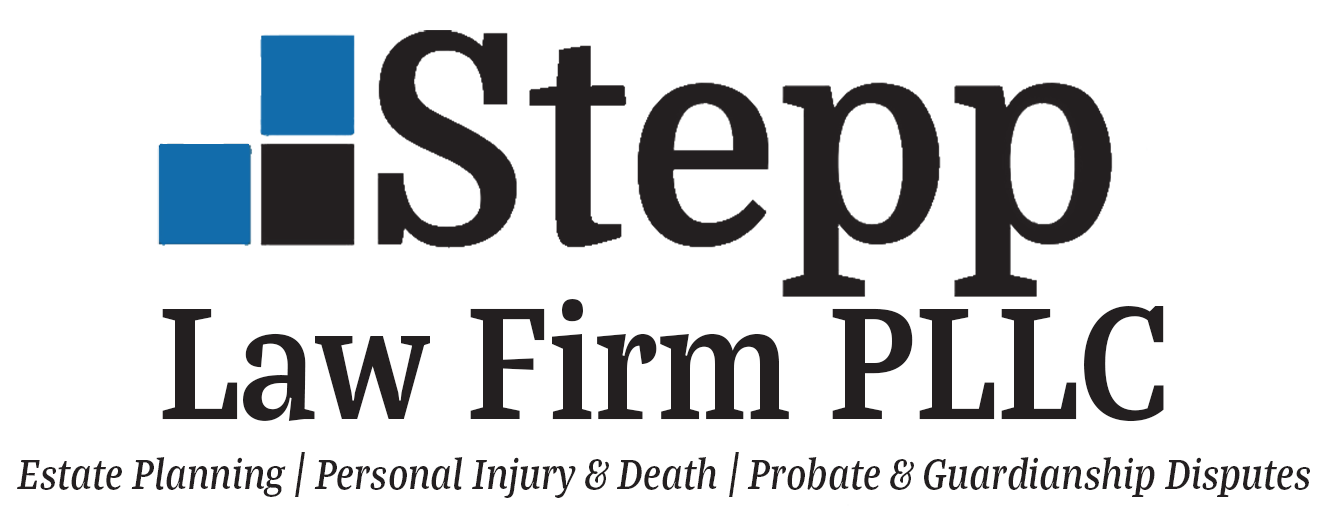
Commercial boat owners and operators are held to a higher duty of care
Commercial boat owners and operators are held to a higher duty of care than simple pleasure boat owners and operators because they hold themselves out as being competent, safe, and accept payment from their customers who attend onboard their vessels. These voyages can be dive trips, harbor cruises, dinner cruises, sightseeing tours, whale watching tours, and other money-making trips.
Commercial boat operators operate in dangerous environments
Commercial boat operators operate in dangerous environments often times taking passengers out on the water where help is not immediately available. The passengers on the commercial boat place their lives in the hands of the boat owner and operator. Passengers pay the ticket price for the boat trip and expect that the owner and operator will run the boat safely. Unfortunately, this may not be the case.
When boat owners fail to take their responsibility for the safety of their passengers seriously, incidents occur, serious injuries happen, and, unfortunately, there are times when people lose their lives. These injuries and deaths are not just accidents. They are preventable, and after these incidents, the boat owners need to be held accountable, both to fully compensate the passengers who were injured or killed, as well as making sure that these owners, as well as others, change their ways and put the safety of their customers first, over profit.
Boat owners have a moral and legal duty and responsibility to ensure that there are proper fire suppression methods onboard in order to put any fire out before it gets out of control. They have the responsibility to have working fire extinguishers on board, life jackets, life rafts, means of easy emergency escape, and other lifesaving measurements. These boats should have emergency horns, lighting, means of identifying escape routes in limited visibility, and physical means such as fire axes or other means to address blockages in escape routes. When these types of items are not provided, passengers’ lives are affected.
The passengers are entitled to a properly trained crew, who is ready and capable to address any incident the passengers may face while onboard. The passengers deserve to have a crew that puts the safety of the passengers above their own. There are many times when the crew fails to place the passengers’ safety before their own, and when this happens there are at times some tragic consequences.
The boat owner also has a duty to make sure incidents do not happen in the first place. Boat owners need to take preventative measures to ensure that incidents do not occur. Boat owners need to make sure they only hire fully trained and competent crews, that the crews are trained in all safety duties and responsibilities and are knowledgeable of all hazards which are present when a boat is at sea.
Commercial boat accidents and fires are not just accidents. They do not occur for no reason and with no cause. Many times, the cause of these incidents and fires is the boat owner’s failure to properly maintain, properly crew, and or properly equip its vessels.
Ten questions to ask before boarding a commercial boat for a short cruise or tour
Contact Our Full Services Law Firm At Stepp Law Firm Calling at (713) 336-7200.
If you have any questions about a commercial boat owner’s responsibilities, or if you have questions regarding an incident that may have affected you involving a commercial boat, call the experienced Houston maritime attorneys at Stepp Law Firm.











